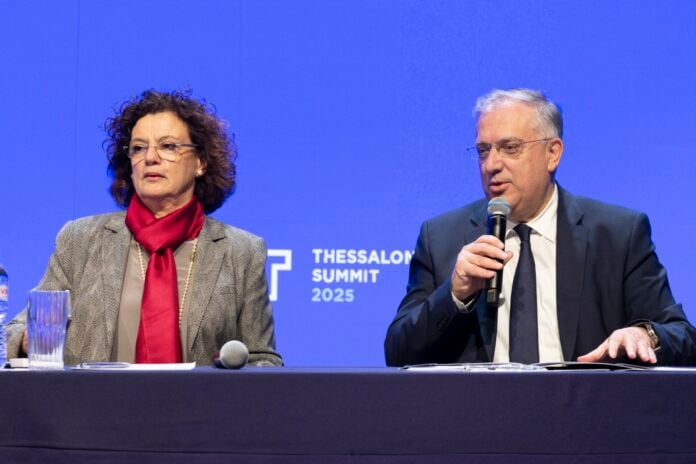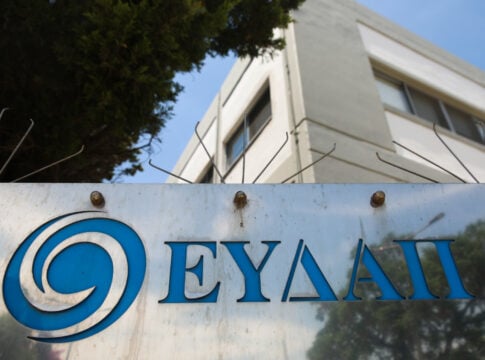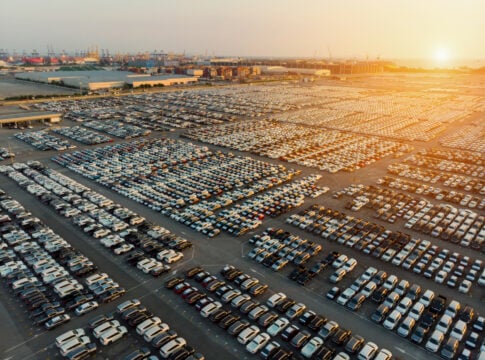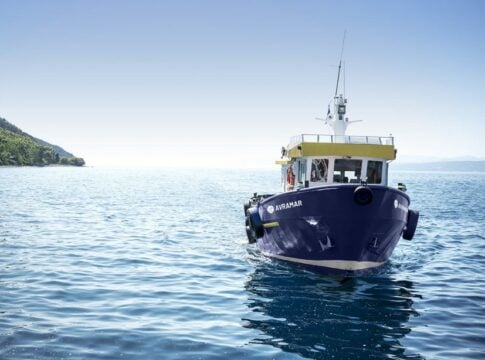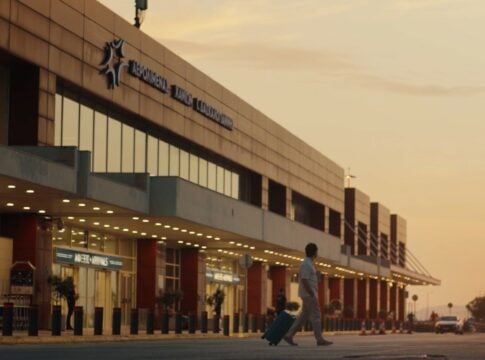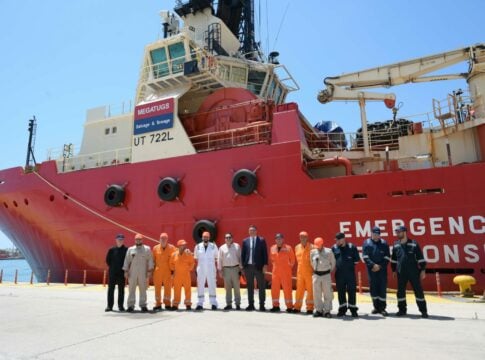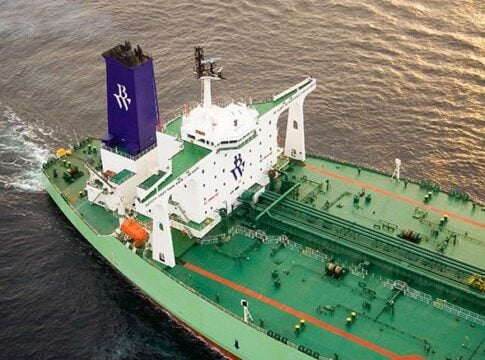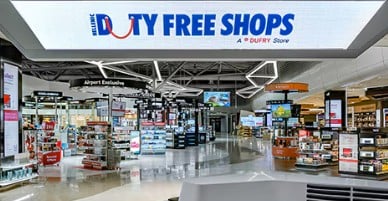The second day of the Thessaloniki Summit 2025 concluded with a discussion between the President of the Federation of Industries of Greece, Loukia Saranti, and the Minister of Development, Takis Theodorikakos.
They raised the crucial issues of energy, the development law and the role of Greek industry within the country’s new production model and stressed that “our industry must have a primary role”, while the sector “must know how the transition to the new production model will be made, because the issues are many and complex.”
On his part, Theodorikakos pointed out that serious discussions are taking place in the government on the utilization of the Modernisation Fund, the European fund that arises from industrial pollutants.
“The money coming from industry must return to industry,” he said and added that the Ministry of Development will submit a comprehensive proposal in cooperation with the European Investment Bank (EIB). Furthermore, the Minister of Development stated that the productive transformation of the Greek economy is a “vision and national necessity”, while noting that the greatest security for Greece is the production units and businesses throughout the country’s border area, as they are a prerequisite for addressing the acute demographic problem that must be reversed in order to ensure the sustainable course of the country.
Transport corridors and infrastructure
The Minister of Infrastructure and Transport, Christos Staikouras, referred to the cooperation between Greece and Bulgaria to achieve common goals, such as connectivity through the creation of road and rail axes that will facilitate the transport of people, capital and goods. He made special mention of the interconnection of the ports of the Black Sea with the Aegean, saying that maritime transport plays a key role in accessing international markets. Staikouras stressed the importance of upgrading the Alexandroupolis-Ormenio railway line, as well as connecting the Kavala cargo port with the railway, as bases for cross-border cooperation, aligned with the efforts to utilize the Sea2Sea project, as part of the European Transport Corridor Baltic Sea, Black Sea and Aegean (BBA).
Bulgaria’s Minister of Transport and Communications, Grozdan Karadjov, focused on the strong ties between the two countries, saying that “Greece is more of a family than a neighboring country and a strong supporter of Bulgaria’s economic and political transition.” Regarding the work to promote the Balkans as a trade and transport hub for the whole of Europe, as he said, infrastructure plays a major role, the role of SE Europe – as a transit gateway – will be catalytic for the unification of Europe.
Referring to the reduction of bureaucracy and transport costs, the European Commissioner for Sustainable Transport and Tourism, Apostolos Tzitzikostas, stressed the necessity of defining an industrial strategy for shipping which will contribute to increasing the competitiveness of Europe and European businesses. He also made extensive reference to the plan for European industry, which he is preparing and will present on March 5. The aim, as he said, is to make the European automotive industry even more competitive, innovative and sustainable.
In the discussion that followed, H.E. Ambassador of Israel, Noam Katz, pointed out the impact of the Trump Presidency on stabilizing the situation in the Middle East. Referring to the relations between Greece and Israel, he stated that the two countries share the same perceptions and jointly aim to increase prosperity in our region.
On his part, the Minister of Maritime Affairs and Insular Policy, Christos Stylianides, underlined that modern ports can help Greece utilize its great advantage, shipping. Referring to Thessaloniki, he pointed out that it is a hub for the Balkans and this role must be further strengthened, as it is the “New Egnatia” of shipping.


